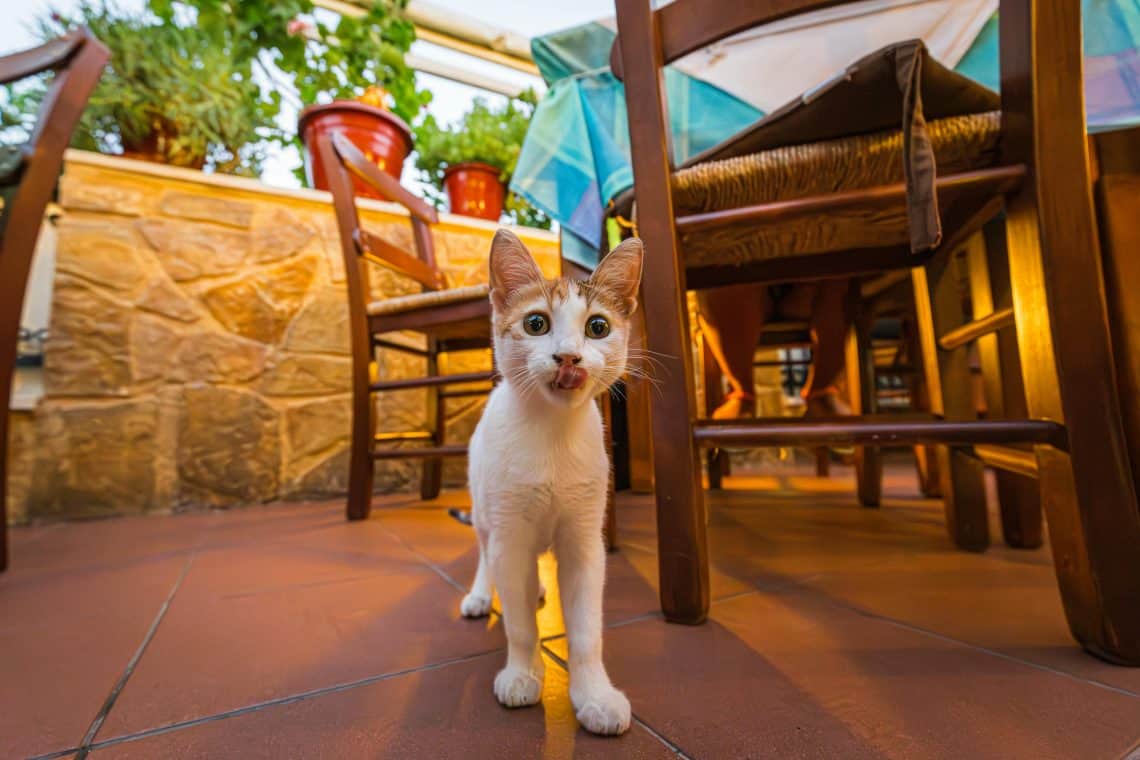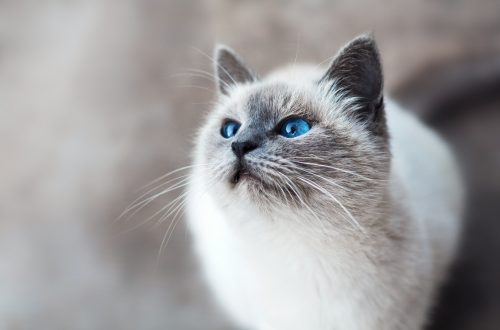
Cat Depression Symptoms: 7 Early Signs Your Cat Might Be Sad or Stressed!
Cats are often viewed as independent and emotionally resilient, but they’re not immune to sadness or emotional distress. Cat depression symptoms can be subtle but meaningful. Just like humans, cats can experience depression due to illness, loss, boredom, or major life changes. The signs may be subtle, but being able to recognize them early can make a meaningful difference in your pet’s emotional well-being.
In this guide, you’ll learn how to spot the most common signs of feline depression, understand the potential causes, and explore simple ways to help your cat feel better.
Can Cats Really Get Depressed?
Yes — cats can absolutely experience emotional challenges such as stress, anxiety, and even depression. While they don’t show feelings the same way humans do, they can internalize emotional pain and display it through physical or behavioral changes.
A sudden withdrawal, excessive sleep, or loss of appetite may not be just quirks — these could be silent cries for help.
Common Cat Depression Symptoms You Shouldn’t Ignore!
Because cats often mask their emotions, it’s essential to watch for behavioral changes that don’t fit their usual patterns. Here are signs to look for:
1. Loss of Appetite or Sudden Weight Loss
Cats that are emotionally distressed may eat less or ignore food completely — even treats they usually love.
2. Decreased Interest in Socializing or Play
A once-playful cat that now ignores toys or hides from humans and other pets may be showing signs of emotional withdrawal.
3. Lethargy or Oversleeping
Cats naturally sleep a lot, but if your cat seems excessively sleepy, inactive, or has changed their favorite sleep spot to somewhere more hidden, pay attention.
4. Vocalization Changes
Some depressed cats become quiet, while others meow constantly. Low-pitched yowls or mournful crying are common signs of emotional distress.
5. Neglecting Grooming or Over-Grooming
A matted or unkempt coat can signal that your cat is no longer maintaining their hygiene — a common red flag for depression. Some may also groom excessively as a coping mechanism.
6. Changes in Litterbox Habits
Depressed cats may urinate or defecate outside their litterbox, especially in meaningful locations like their owner’s bed or a window perch.
7. Aggression or Irritability
If your gentle cat suddenly becomes snappy or aggressive, it could be due to emotional discomfort or pain.
What Causes Depression in Cats?
Understanding the root cause is key to helping your cat recover.
Change in Environment!
Moving to a new home, home renovations, or the introduction of a new baby or pet can overwhelm a sensitive cat.
Loss of a Companion (Human or Pet)!
Cats grieve too. A missing family member can lead to withdrawal or sadness that mimics clinical depression.
Boredom or Lack of Stimulation!
Indoor cats especially need regular mental and physical stimulation. Without toys, perches, or human interaction, they can spiral into boredom and depression.
Illness or Pain!
Underlying health conditions like arthritis, dental disease, or urinary infections can lead to both physical discomfort and emotional decline.
Separation Anxiety!
Some cats are deeply bonded to their humans. Long periods of alone time can lead to emotional distress, even if the cat doesn’t act clingy.
How to Help a Sad or Depressed Cat?
You don’t have to feel helpless — there are many steps you can take to help your cat regain emotional balance:
1. Visit a Veterinarian First!
Always rule out medical conditions first. A vet can assess physical causes and recommend treatment or behavioral strategies. Just like the cats, dogs faces the exactly same issues, and you can find it through Dog Anxiety Symptoms here.
2. Provide More Enrichment!
- Add new toys and rotate them weekly
- Use interactive toys (like feather wands or food puzzles)
- Set up window perches or hang bird feeders outside
3. Create a Calm, Safe Environment!
Ensure your cat has a quiet retreat, stable routine, and no loud, sudden disruptions. Pheromone diffusers (like Feliway) may also help.
4. Increase Quality Time!
Pet your cat, talk to them, or sit near them daily. Even if they don’t come close, your presence matters.
5. Consider a Companion!
If your cat is grieving the loss of another pet, you may cautiously explore introducing a new one — but only if your cat’s personality supports it.
6. Try Natural Remedies or Supplements!
Some calming chews and supplements are vet-approved for feline use. Always check with your vet before using them.
Final Thoughts!
Depression in cats can be heartbreaking — but it’s not hopeless. With patience, observation, and proactive care, many cats bounce back and reclaim their joy. The key is to stay alert to changes, respond with love, and get professional support when needed.
Has your cat shown any of these signs? Let us know in the comments or check out our next guide on natural calming remedies for cats.
Frequently Asked Questions!
How do I tell if my cat is depressed?
Look for behavioral changes that deviate from your cat’s normal routine. Common signs include:
1. Loss of appetite
2. Hiding or avoiding social interaction
3. Lethargy or sleeping more than usual
4. Lack of grooming
5. Increased vocalization or aggression
If these signs persist for more than a few days, consult your veterinarian to rule out medical causes.
How do you cheer up a depressed cat?
Start by creating a calm and enriched environment:
1. Spend quality time with your cat daily
2. Introduce new toys and interactive play
3. Provide window views, perches, or treat puzzles
4. Keep a consistent feeding and play schedule
5. Also, consider using calming pheromone diffusers like Feliway. If the depression continues, a vet may recommend supplements or medications.
How does an unhappy cat act?
An unhappy cat might:
1. Sleep excessively or isolate themselves
2. Avoid the litterbox
3. Meow mournfully or become unusually quiet
4. Stop grooming or over-groom
5. Show aggression, irritability, or fearfulness
These behaviors are ways your cat communicates emotional discomfort.
Are indoor cats depressed?
Not necessarily — but indoor cats can become bored, especially without mental stimulation.
To prevent this, provide:
1. Scratching posts and climbing spaces
2. Daily playtime and toy rotation
3. Access to windows or safe outdoor enclosures
A well-stimulated indoor cat can be just as happy (or happier) than an outdoor one — it just takes a little effort.




